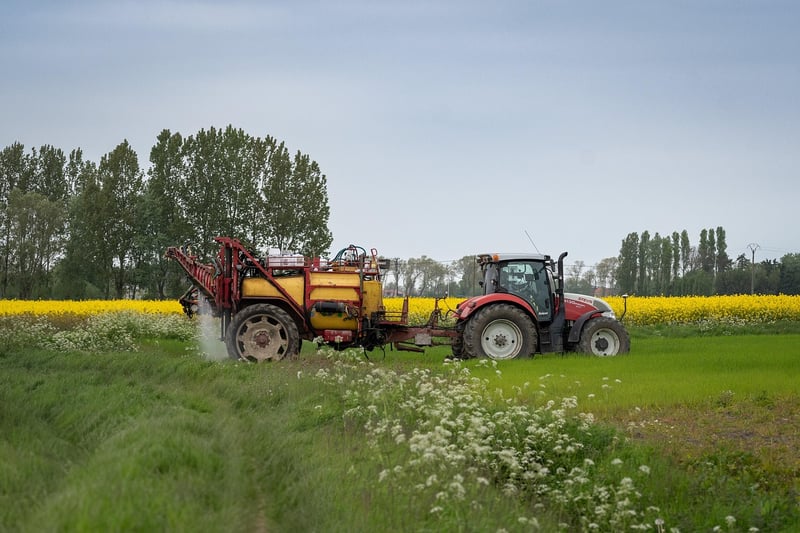Pest Control
#Watering
#Pruning
#Pest Control
Maintaining Plant Health and Effective Pest Control
Having healthy plants not only adds beauty to your surroundings but also contributes to a sustainable environment. To ensure your plants thrive, it is essential to understand how to maintain their health and control pests effectively.
Plant Health Maintenance Tips:
- Proper Watering: Be mindful of the water needs of each plant. Overwatering or underwatering can lead to issues like root rot or nutrient deficiencies.
- Regular Pruning: Trim dead or damaged branches to promote new growth and improve air circulation.
- Soil Quality: Use high-quality soil or compost to provide essential nutrients to your plants.
- Appropriate Sunlight: Ensure your plants receive the right amount of sunlight based on their specific requirements.
- Fertilization: Feed your plants with suitable fertilizers to encourage healthy growth.
Effective Pest Control Methods:
Pests can wreak havoc on your plants if left unchecked. Here are some natural and eco-friendly solutions to control pests:
- Neem Oil: A natural insecticide that disrupts pests' feeding and reproduction.
- Diatomaceous Earth: Effective against crawling insects by damaging their exoskeleton.
- Beneficial Insects: Introduce ladybugs, lacewings, or other predatory insects that feed on pests.
- Companion Planting: Planting pest-repelling species alongside vulnerable plants can deter pests.
- Homemade Sprays: Create DIY sprays using ingredients like garlic, pepper, or soap to repel pests.
Conclusion:
By following these plant health maintenance tips and implementing effective pest control methods, you can create a thriving garden or indoor plant collection. Remember that prevention is key, so regular monitoring and early intervention are crucial for the well-being of your plants.


